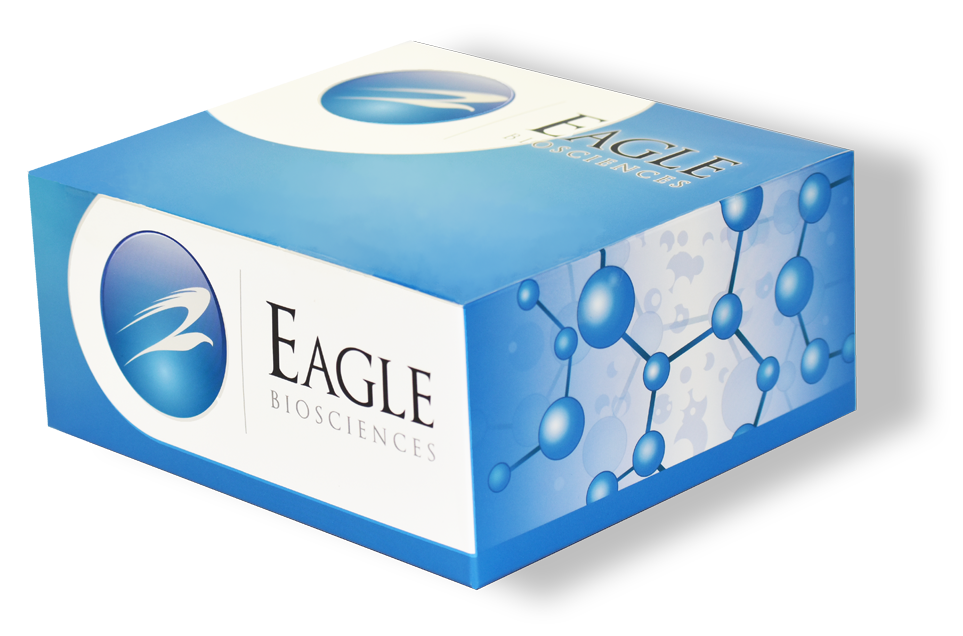Antithrombin III (ATIII) is a serine protease inhibitor that plays a crucial role in regulating blood coagulation. It primarily inactivates thrombin and other clotting factors such as Factor Xa, IXa, and XIa, thereby maintaining a balance between coagulation and fibrinolysis. Produced mainly in the liver, ATIII circulates in plasma and helps prevent excessive clot formation. Deficiency or dysfunction of antithrombin can lead to a hypercoagulable state, increasing the risk of thrombosis. In rats, as in humans, ATIII serves as an important biomarker for assessing coagulation status, liver function, and the body’s natural anticoagulant mechanisms.
A Rat Antithrombin III ELISA is designed to quantitatively measure ATIII levels in serum, plasma, or other biological samples. In research settings, this assay is widely used to investigate coagulation pathways, evaluate the effects of experimental drugs or disease models on hemostasis, and study inflammatory or hepatic disorders that influence ATIII synthesis or activity. It provides valuable data for understanding how ATIII contributes to vascular homeostasis and the body’s response to injury or inflammation. In clinical and translational research, ATIII ELISA testing can help identify antithrombin deficiency, monitor anticoagulant therapies such as heparin (which depends on ATIII activity), and assess thrombotic risk or coagulation imbalance in disease models, supporting both mechanistic and therapeutic studies.
This product is manufactured in USA by Eagle Biosciences.
| Size | 1 x 96 Well |
| Sensitivity | 1.399 ng/mL |
| Dynamic Range | 12.5 ng/mL – 400 ng/mL |
| Incubation Time | 1 hour 40 minutes |
| Sample Type | Serum, plasma, urine |
| Storage | 2-8°C |
| Alternative Names | Antithrombin, serpin C1, heparin cofactor, and antithrombin I. |

